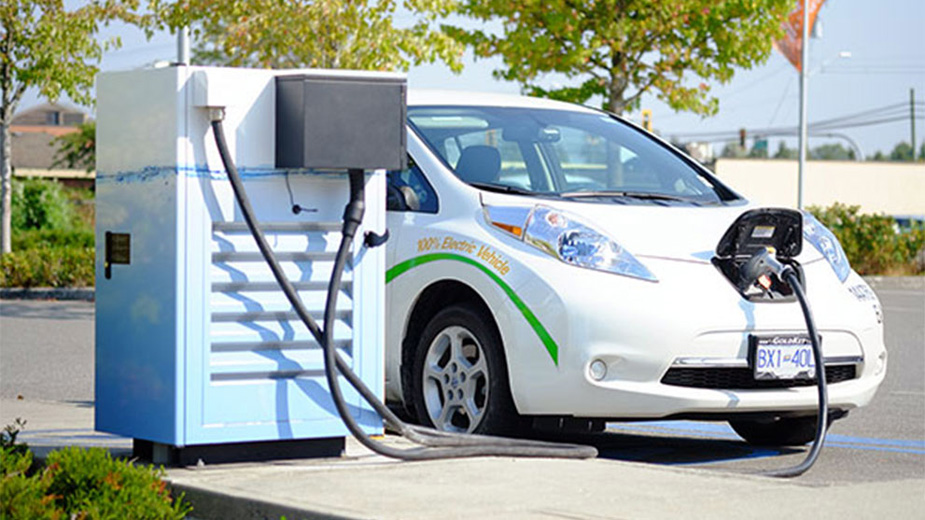An extraordinary transformation is underway in the transportation landscape of the United Kingdom thanks to the increasing popularity of vehicles (EVs). This shift towards mobility is driven not by environmental concerns but also by the desire to decrease reliance on fossil fuels and promote sustainable transportation. As more and more EVs hit the roads UK traffic laws and regulations are evolving to accommodate these eco vehicles. This article delves into how the legal framework surrounding vehicles in the UK’s changing.
Expanding Charging Infrastructure
The availability of charging infrastructure plays a role in encouraging EV adoption. In order to meet this demand both the UK government and private entities have been investing in expanding the charging network. They have introduced types of charging stations catering to EV charging needs;
- Home Charging; A significant number of EV owners prefer to charge their vehicles at home and as a result grants are provided by the UK government to support home charging point installations. These grants aim to make EV ownership more convenient and accessible.
- Public Charging; The charging infrastructure is experiencing growth, with numerous charging stations being installed across the country. These charging stations are commonly found in cities, public parking lots and, along highways to make long distance travel easier.
- Rapid Charging; Rapid charging stations are becoming more widespread allowing vehicle (EV) owners to quickly charge their cars in 30 minutes or less. These stations are strategically placed along travel routes to make EVs more practical for trips.
- High Speed Charging; The advent of high speed charging stations with capacity is making long distance EV travel more viable. These stations can provide an amount of energy in a time reducing the need for frequent charging stops during road journeys.
To accommodate EVs traffic laws have been adjusted accordingly. Clear regulations have been established regarding parking and charging at these stations. Dedicated parking spaces and charging spots are reserved for vehicles and misusing these areas can result in fines and penalties.

Incentives for Electric Vehicles
To promote the adoption of vehicles and reduce carbon emissions the UK government provides incentives and advantages, for EV owners. These incentives form part of the evolving framework surrounding vehicles;
- Plug In Car Grant; The government offers a grant to make low emission vehicles, including cars, more affordable, for buyers. This financial incentive is aimed at encouraging consumers to choose vehicles due to their reduced purchase price.
- Electric vehicles also come with the advantage of taxation. They are exempt from Vehicle Excise Duty (VED) commonly known as road tax and often qualify for rates of company car tax.
- To improve air quality in cities across the UK clean air zones have been implemented. These zones impose fees or restrictions on high emission vehicles but exempt electric vehicles from charges. This exemption serves as a motivation for using cars in urban areas.
- In bustling cities like London owners of vehicles enjoy an added benefit; they are not required to pay the congestion charge. This exemption makes commuting within areas more cost effective for electric vehicle owners.
Regulations and Standards
The UK government consistently updates regulations and standards to accommodate the use of vehicles and ensure their operation on roads. These regulations cover aspects such as vehicle design, safety standards and compliance with emission targets. Additionally the government oversees the charging infrastructure to guarantee its adherence, to safety and reliability standards.
Furthermore it’s worth mentioning that UK traffic laws have provisions, in place to regulate the usage of vehicles including rules for electric bicycles, scooters and other personal mobility devices powered by electricity. These regulations play a role in ensuring road safety and integrating mobility seamlessly into the existing transportation infrastructure.
In summary
The rapid shift towards vehicles is fundamentally transforming the transportation landscape in the United Kingdom. To embrace this electrification revolution effectively the country’s traffic laws and regulations are swiftly adapting. These changes encompass aspects such as developing charging infrastructure introducing incentives to encourage the adoption of vehicles and implementing regulations and standards to ensure both safety and environmental sustainability.
As the UK endeavours to curb carbon emissions and promote transportation solutions it is anticipated that there will be developments in the legal framework concerning electric vehicles. The government’s commitment to expanding charging infrastructure providing incentives for EV adoption and enforcing regulations highlights its dedication towards making mobility an integral part of the nation’s transportation system. The continuous adaptation of traffic laws to accommodate vehicles underscores the UKs determination to construct a more sustainable future, for transportation.

